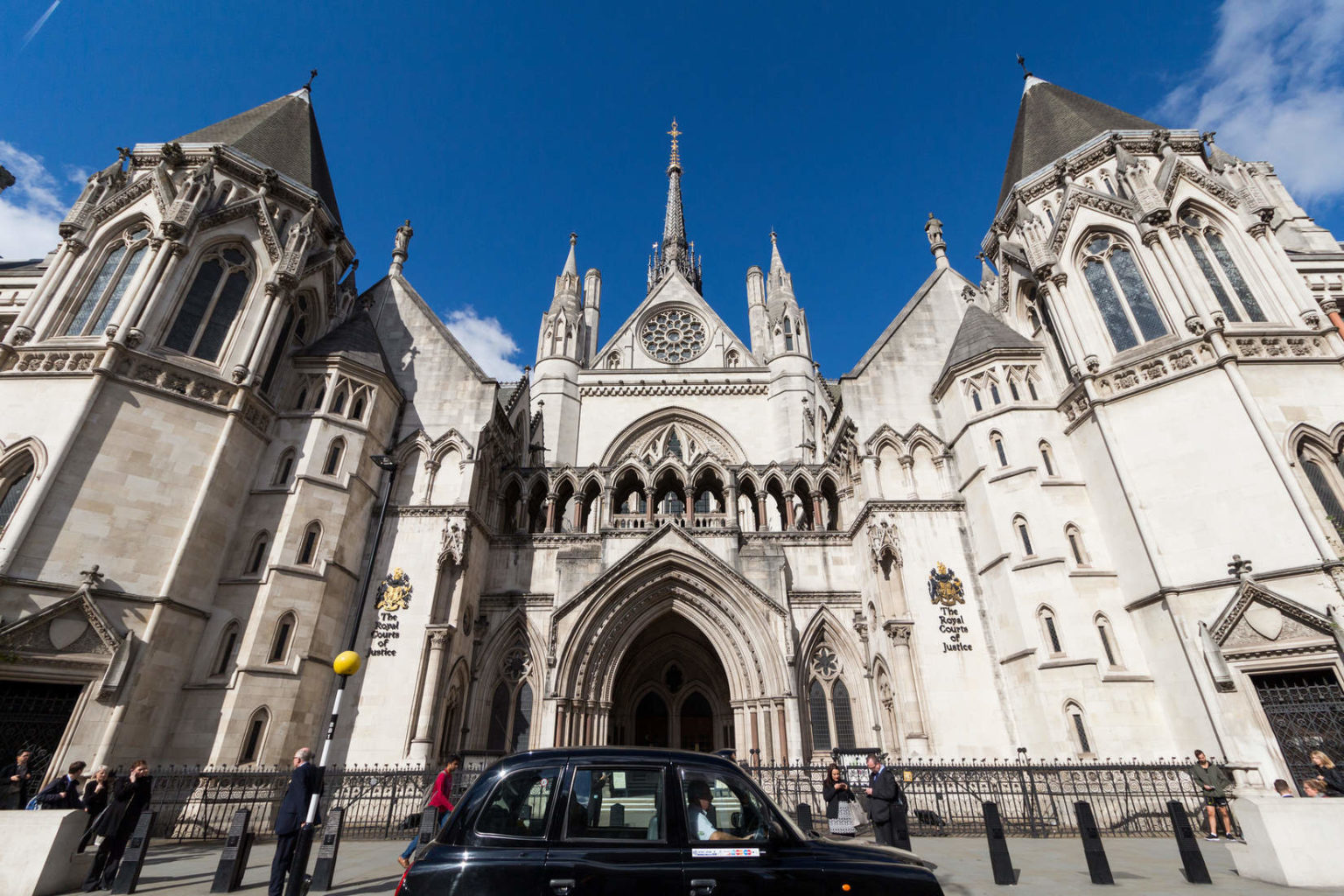The UK has been criticised in a new United Nations report for its poor record on providing fair access to the court system for people trying to protect their environment.
The Aarhus Convention Compliance Committee report said the UK’s recent law reforms moved it “further away” from fulfilling its duty to allow citizens to bring forward environmental cases.
The report supports arguments made by NGOs that the rules passed by the Ministry of Justice in February will deter people who want to go to court to protect the environment.
ClientEarth, for example, recently made headlines in its efforts to take the UK government to court over breaching air pollution limits. And local fracking campaigners in Lancashire went to court earlier this year to try and overturn the government’s decision to approve Cuadrilla’s fracking plans in the area.
The new rules, however, now expose people or organisations to potentially unlimited legal costs when pursuing an environmental case against the government.
Previous rules in the UK capped the costs that individuals, community groups and environmental groups have to pay on losing a case against a public body to £5,000 for individuals and £10,000 in all other cases.
But under the new rules, claimants will have to provide the court with information about their personal finances when applying for Judicial Review. Even if judges decide to set a cap, or upper limit, on the costs that litigants could be held liable for during the proceedings, they will be able to increase the cap at any stage.
The change in rules therefore makes it impossible for public interest litigants to know how much a case will cost from the start. Individual campaigners and charities could therefore find themselves facing costs of tens or even hundreds of thousands of pounds for a High Court action.
The UN report comes after environmental lawyers ClientEarth, and NGOs Friends of the Earth and the RSPB took the UK government to court last month over the new rules. The organisations claim the rule change have a “chilling effect” on environment legal cases. A ruling is expected this month.
Gillian Lobo, a ClientEarth lawyer, said: “This report confirms that the UK is breaching its responsibility under international law, the Aarhus Convention, by failing to provide access to justice in environmental cases.
“It has been in breach for years, and recent reforms have made it even harder to go to court over issues like dirty air, polluting factories or endangered wildlife. The UK must act now to let people use the courts to protect their environment.”
The Aarhus Convention Compliance Committee first found the UK’s costs to be prohibitively expensive in 2014, after a complaint brought by ClientEarth, the Marine Conservation Society and Robert Latimer.
When the House of Lords statutory instruments committee reviewed the rules last February it concluded that “as a result of the increased uncertainty introduced by these changes, people with a genuine complaint will be discouraged from pursuing it in the courts.”
Photo: Eduardo Fedorowocz Machado via Flickr | CC 2.0
Subscribe to our newsletter
Stay up to date with DeSmog news and alerts






